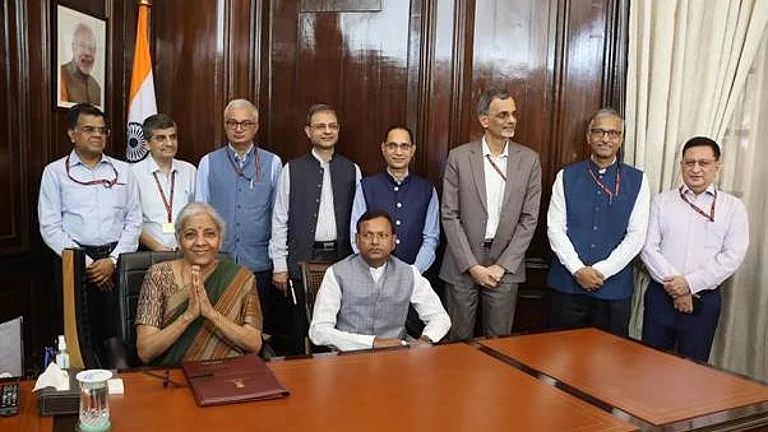The Unified Payments Interface (UPI) will soon be launched in a few other countries, confirmed M Nagaraju, secretary, department of financial services (DFS) during his address at the financial inclusion and fintech summit, organised by confederation of Indian industry (CII).
“India is far ahead of many countries in the digital payment systems. And we are trying to expand our digital payment ecosystem to several other countries. I think we have been now, we are having the work in several countries. We are also in discussion with a few more. I think perhaps this year we'll be expanding our footprint to some other countries also, where citizens there actually make and receive this payment through our UPI system,” said DFS secretary, Nagaraju.
Currently, UPI is live in seven countries, including the UAE, Singapore, Bhutan, Nepal, Sri Lanka, France and Mauritius. After massive success of UPI in India, National Payments Council of India (NPCI) launched it in Bhutan in 2021. Thereafter, it has been launched in several other countries with a real-time digital payment network ecosystem.
In June 2025, the transaction volume of UPI surpassed 18,395mn, as per the data collated by the NPCI.
UPI continues to cement its dominance in India's digital payments ecosystem, with its share in total transaction volume rising to 83.7% in the financial year 2025, up from 79.7% in financial year 2024. According to the Reserve Bank of India (RBI), UPI processed 185.8bn transactions in 2024–25, marking a 41% YoY growth.
Nagaraju also underscored the role of fintech in India in positioning itself as the dominant player of digital payment ecosystem globally. He also acknowledged and encouraged the use of artificial intelligence (AI) to enhance the effectiveness and transparency in UPI thereby making the user experience even better.
To enhance user convenience by simplifying the payment process, conversational payments have been enabled in UPI using AI, which can, in turn, aid in the inclusion of senior citizens and yield us to new digital payments and increase the speed and convenience of UPI transactions,” added Nagaraju.
This expansion of UPI aims at easing remittances and merchant payments for Indian diaspora and tourists. UPI’s entry into global markets is expected to challenge traditional cross-border payment networks by offering fast, low-cost and secure alternatives. With this, India positions UPI as a key player in the future of global fintech infrastructure.
NPCI’s internationalisation strategy also includes integrating UPI with local QR code systems and enabling cross-border remittances at competitive rates.




























